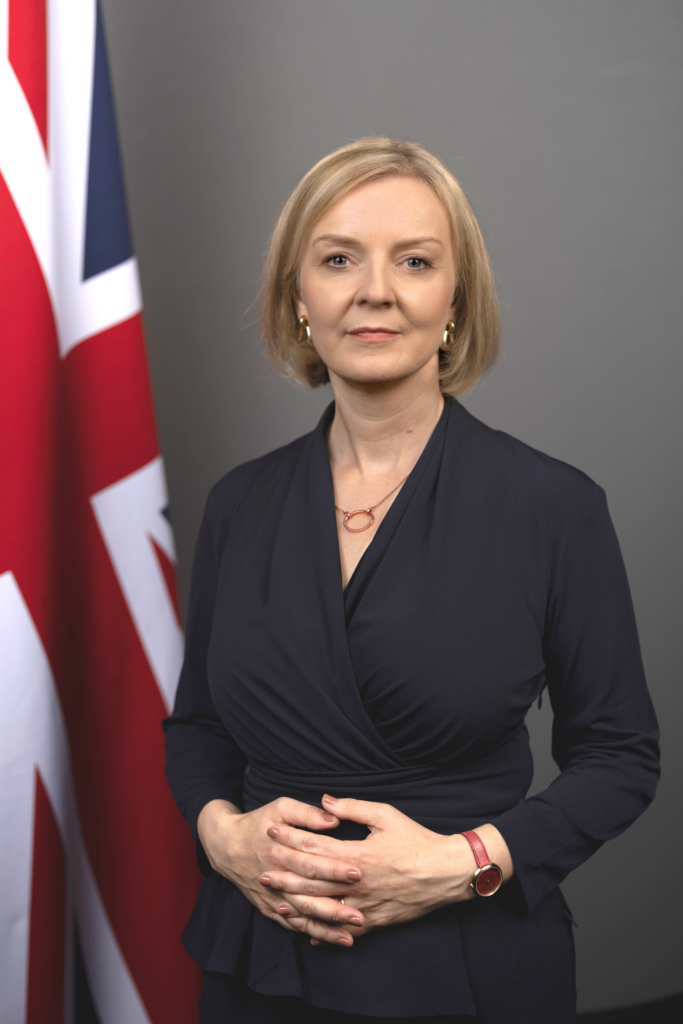A Controversial Claim from the Former Prime Minister
Former Prime Minister Liz Truss has sparked debate with her blunt assessment of Britain’s state of affairs. In a recent interview, she declared that the United Kingdom is a “failed state.” Her comments have ignited discussions about the country’s governance and the challenges facing its leaders.
Truss revealed that her time in office forced her into making decisions she did not fully support. “A metaphorical gun was held to my head to stop me from pursuing certain policies,” she said, shedding light on the constraints faced by Prime Ministers.

A Broken System?
The former leader criticized the country’s political framework, claiming it fails to produce meaningful change regardless of who holds power. “They used to say, ‘We just have the most useless bunch of lazy politicians in the world. Let’s throw them out and bring in new ones,’” she said. But, she added, the public has started to recognize that replacing leaders does not fix deeper systemic issues.
Truss believes this realization has left many disillusioned with the state. “Now they’ve discovered that every time they do that, the situation doesn’t improve. This is a fundamental problem with the state,” she argued.
Her comments point to a lack of independence among political leaders. She suggested that external pressures and internal constraints severely limit their ability to act on bold or transformative ideas.
Calls for Radical Change
Truss did not stop at criticizing the status quo. She proposed that the UK requires sweeping reforms to address its systemic failings. Though she did not outline specific solutions, her tone emphasized urgency.
Her remarks highlight a growing sentiment among parts of the British public. Many share concerns about governance, the economy, and the political system’s inability to meet modern challenges.
Criticism and Support
Truss’s comments have drawn mixed reactions from political observers and citizens alike. Critics accuse her of deflecting blame for her own leadership struggles. Her tenure as Prime Minister was marred by controversy and economic turmoil.
Supporters, however, praise her honesty and willingness to address uncomfortable truths. They argue that few leaders openly admit the systemic nature of the UK’s problems.

A Debate Reignited
Truss’s interview adds fuel to ongoing discussions about the country’s direction. Questions about the role of the state, the influence of external forces, and the public’s trust in political institutions remain central to these debates.
As the UK grapples with economic challenges and social divides, her comments may serve as a wake-up call. Whether they lead to meaningful change or further polarization remains to be seen.
Liz Truss may no longer hold office, but her bold remarks ensure her voice remains a part of Britain’s political discourse.
Our Visitor






 Users Today : 46
Users Today : 46


